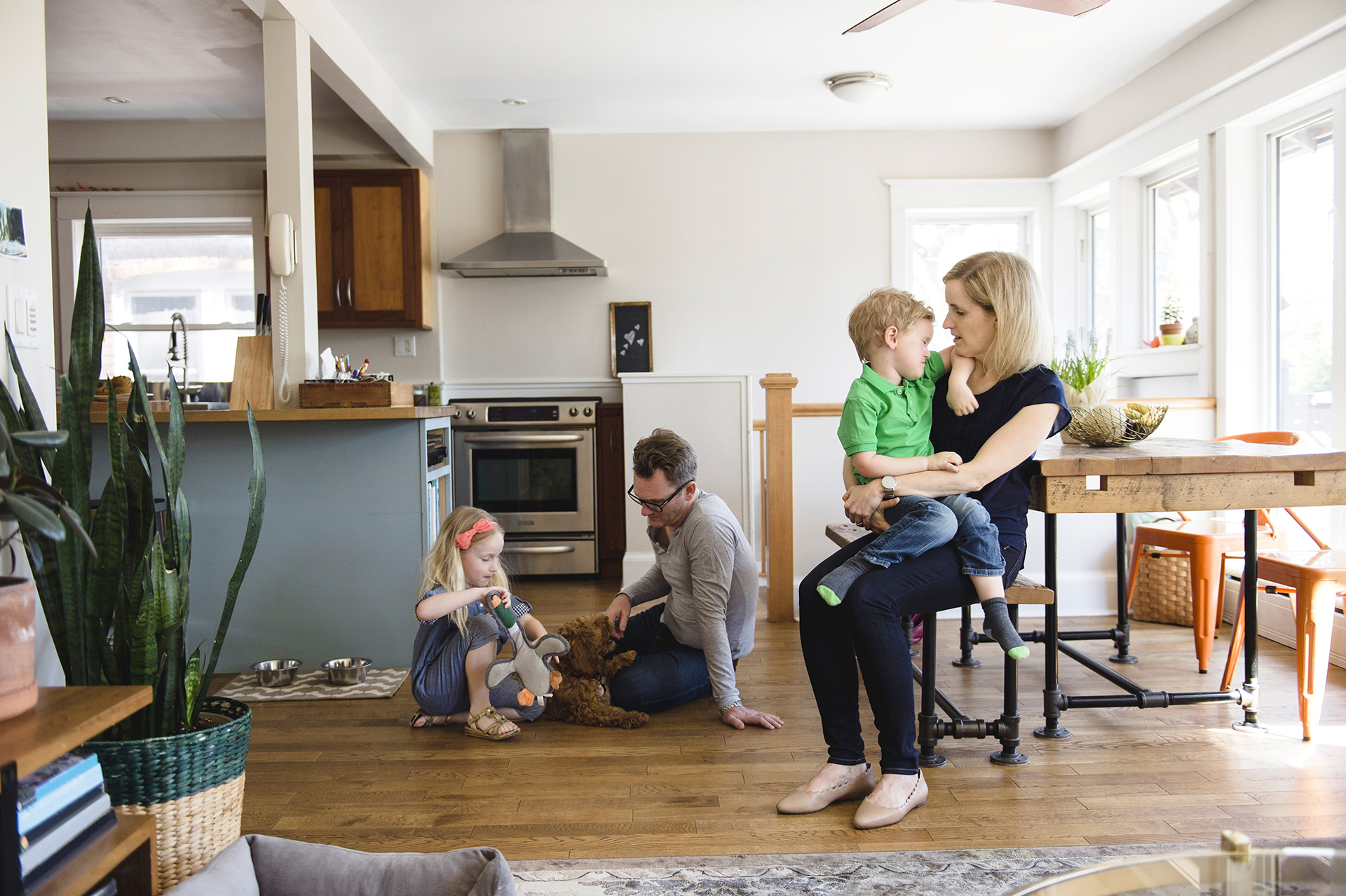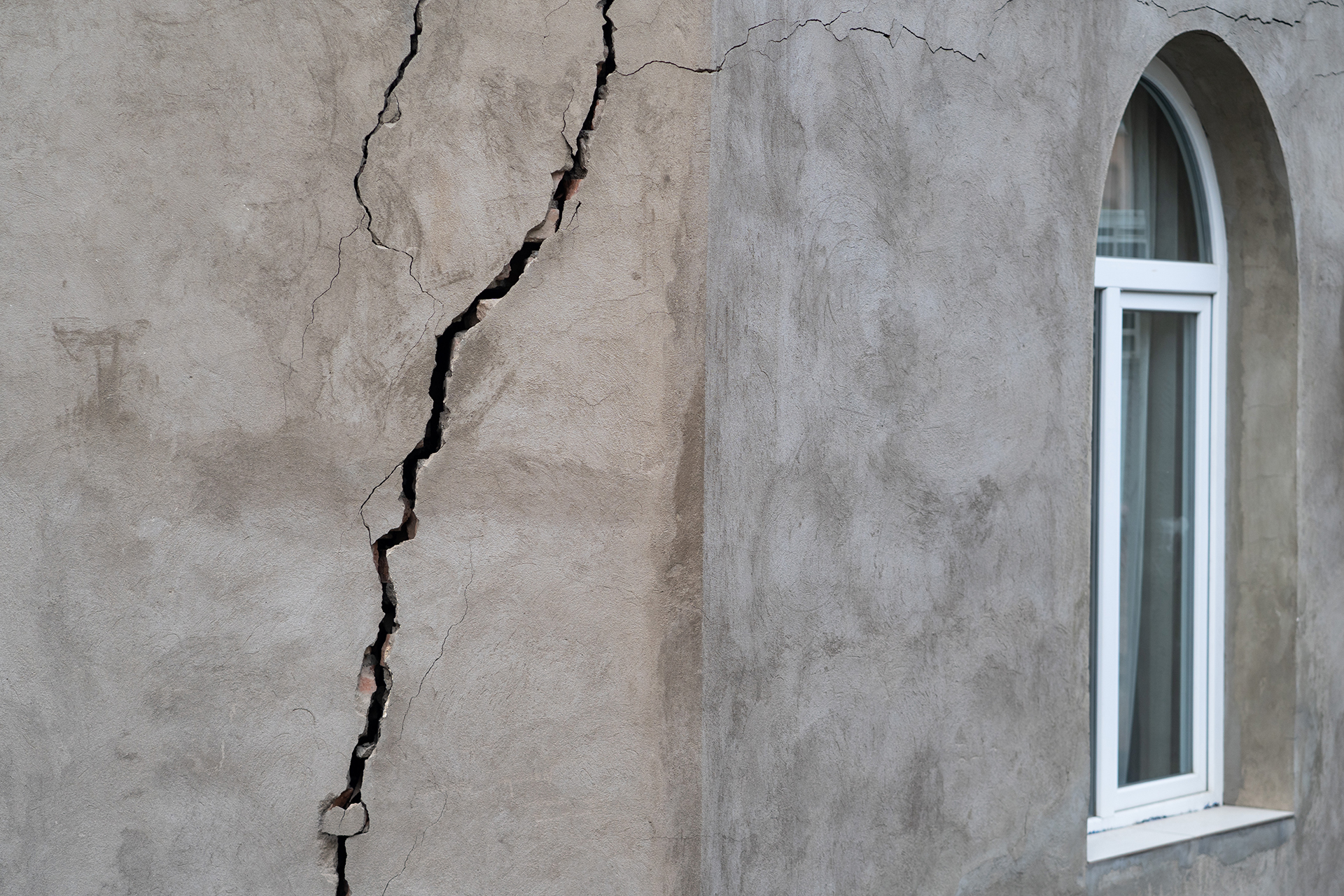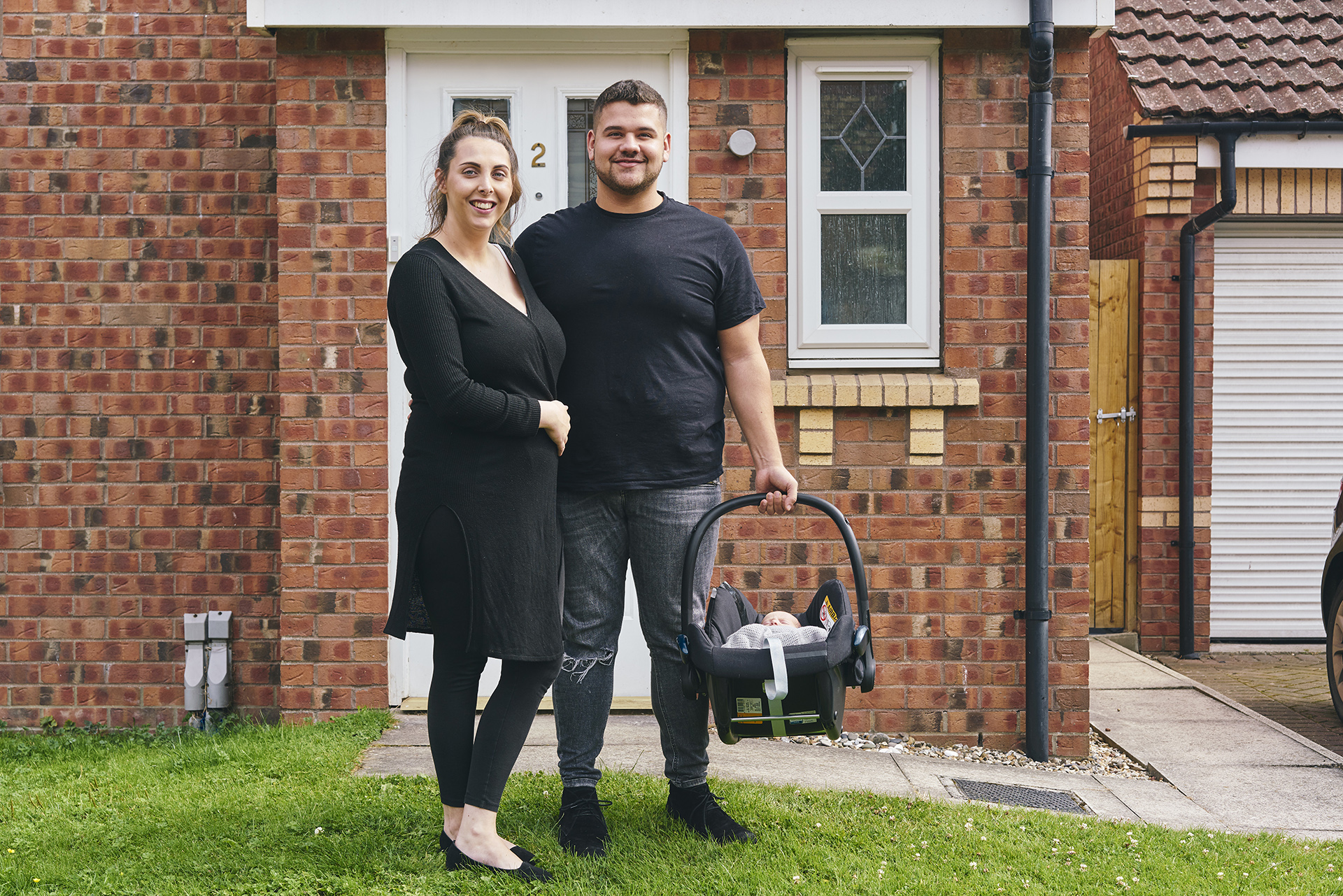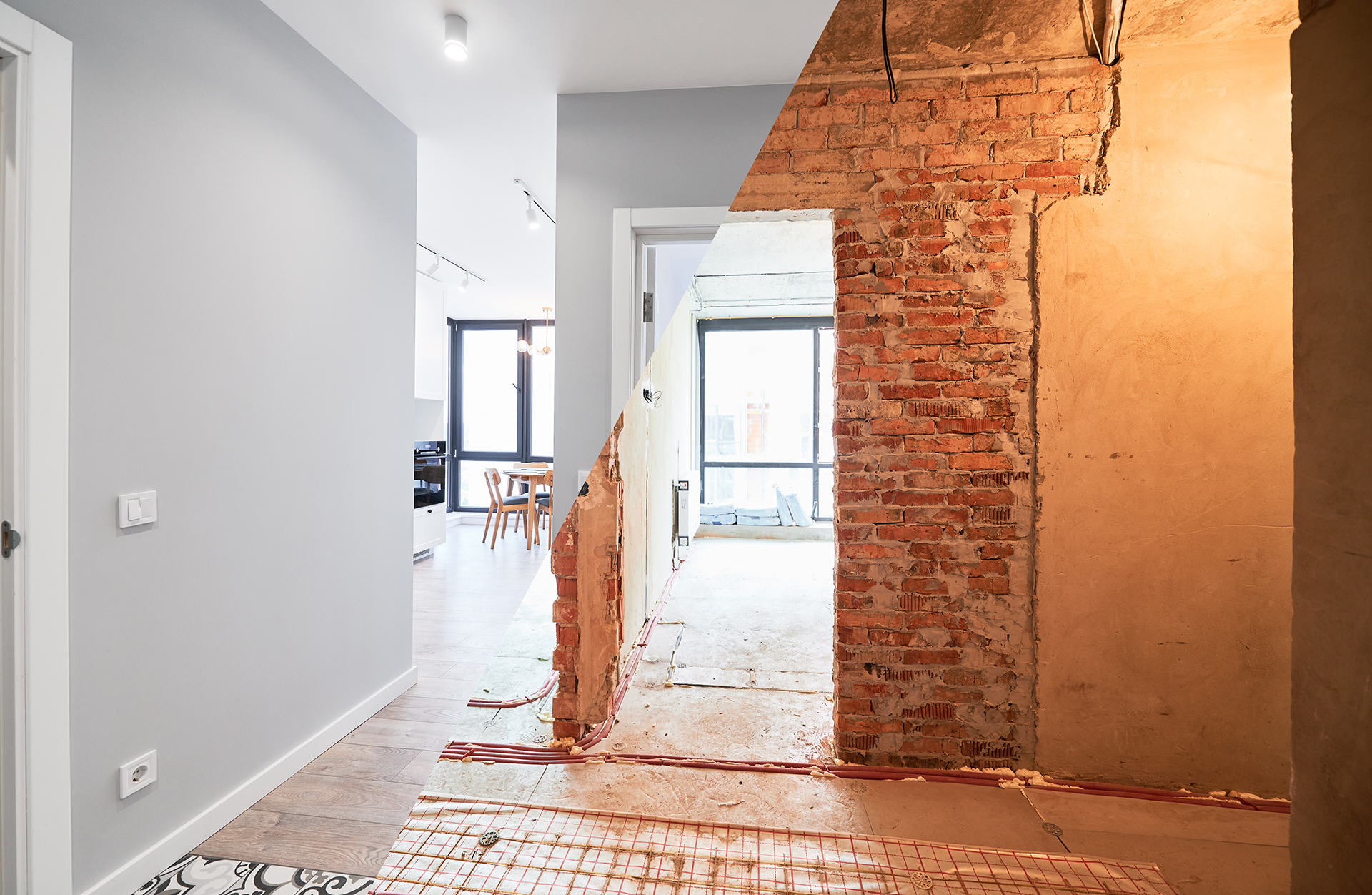Home Buyer’s Guide

The Hidden Costs of Skipping a Home Survey: Why It’s a Risk You Don’t Want to Take
Buying a new home is one of the most exciting—and sometimes overwhelming—experiences you’ll ever have. It’s easy to get swept up in the excitement of finding your dream house, imagining where your furniture will go, and picturing yourself settling in. But amid the rush of viewings, offers, and paperwork, it’s crucial not to overlook a key step: getting a residential survey.
At INhouse, we’ve seen firsthand the costly consequences that can arise when buyers skip this essential step. While a survey might feel like an additional expense upfront, it can save you thousands—and a lot of stress—in the long run. Let’s take a look at the hidden costs of skipping a home survey and why it’s a risk you really don’t want to take.
THE COSTS YOU CAN’T SEE
When you’re buying a home, it’s natural to focus on the surface. Fresh paint, polished floors, and a tidy garden can make a property look picture-perfect, but the real issues often lie beneath the surface. Without a survey, you’re essentially buying blind, and the hidden costs can stack up fast. Let’s explore some of the most common problems that go unnoticed without a proper survey and why they can become financial nightmares.
STRUCTURAL ISSUES
Even if a property looks solid from the outside, there could be hidden structural issues that pose a serious risk. Subsidence, like in Sarah and Mark’s case, can cause cracks in the walls and floors, making the property unsafe over time. Without a survey to highlight these issues, you could face tens of thousands of pounds in repairs, or even worse, have to vacate your home for extensive remedial work.
DAMP AND MOULD
Damp is one of the most common problems we find during surveys, and it’s often well-hidden. Sellers might try to cover it up with a fresh coat of paint, but damp can lead to long-term issues such as mold, rot, and damage to the structure of the building. Fixing damp-related problems can cost anything from £500 to £5,000 depending on the extent, and if left untreated, it can seriously impact your health and the livability of the home.
ROOF DAMAGE
Roof repairs are among the most expensive fixes, with replacement costs running upwards of £10,000 for a full roof. A survey can identify issues such as missing tiles, damaged gutters, or sagging roofs, allowing you to factor in repair costs before you buy—or negotiate a lower price.
ELECTRICAL AND PLUMBING PROBLEMS
Older properties, in particular, are prone to outdated electrical systems or faulty plumbing. Without a survey, you won’t know if the wiring is unsafe or if the pipes are prone to leaks. Rewiring an entire house can cost up to £5,000, while plumbing issues, like a hidden leak, can cause extensive damage over time if not addressed early.
BOUNDRY AND LEGAL DISPUTES
A survey can also help identify boundary issues or legal complications related to the property. For example, the fence that you assumed marked the boundary might not actually be yours, or there could be disputes over shared driveways. These might not seem like major problems at first, but legal fees and the stress of resolving disputes can add up quickly.
6. SPECIFIC DEFECTS ADVICE & REPORTS
If you’re concerned about a particular problem, such as cracks in the walls, damp patches, or roof leaks, we offer Specific Defect Reports. These focus on individual issues, providing expert advice on how to fix them and whether they indicate a larger underlying problem.
The Reality of Skipping a Survey:
A True Story
Take the case of Sarah and Mark, a young couple who were eager to move into their first home. They found what seemed like the perfect property: a charming three-bedroom semi-detached house in a lovely neighbourhood. Everything looked great during the viewing, and they were so excited that they decided to skip getting a survey, thinking the house looked well-maintained and was relatively new.
Six months after moving in, they started noticing small but worrying signs. The first clue was a musty smell coming from one of the upstairs bedrooms. Then they saw faint patches of damp appearing on the walls, which only worsened as the rainy season set in. A crack in the living room wall, which they initially brushed off as “character,” began to widen.
What started as small, manageable concerns soon escalated into major issues. After bringing in an expert to assess the situation, they discovered the home had serious damp problems that had been concealed with quick fixes before the sale. Worse still, the property was suffering from subsidence—the ground beneath the house had shifted, causing structural damage.
The couple faced repair bills that amounted to over £20,000, not to mention months of stress and disruption. All of this could have been avoided if they had commissioned a survey before buying.


Laura Charlesworth is our approachable and highly experienced Senior Building Surveyor at INform Surveying Limited. With a passion for helping homebuyers and property owners make informed decisions, Laura combines technical expertise with a down-to-earth approach to ensure you feel supported every step of the way.
Whether you’re purchasing your first home, managing a large renovation, or need guidance on complex property issues, Laura is here to provide clear, actionable advice tailored to your needs.
Got a question or ready to book your survey?
Laura is just a call or message away—always happy to help you move forward with confidence.
HOW A SURVEY CAN SAVE YOU MONEY
INhouse Home Buyer’s GuideInvesting in a residential survey before you buy might seem like an added cost, but it’s one of the smartest financial decisions you can make during the home-buying process. Here’s how a survey could save you from significant unexpected costs:
1. Negotiating Power
If your survey uncovers significant issues, you can use the report to negotiate a better price or request that the seller carries out repairs before the sale. In Sarah and Mark’s case, had they conducted a survey, they could have negotiated a lower price or insisted that the seller resolve the damp and structural issues before finalising the purchase.
2. Peace of Mind
A survey gives you peace of mind, knowing that the property you’re buying is safe, sound, and worth the price. It helps you avoid unpleasant surprises after the sale, so you can enjoy your new home without worrying about what might be lurking beneath the surface.
3. Future Planning
Even if the survey doesn’t reveal major issues, it will give you a clear idea of any repairs or maintenance that might be needed down the line. This allows you to budget and plan for future work rather than being blindsided by sudden, expensive repairs.
Types of Surveys We Offer at INHOUSE
At INHOUSE, we understand that different homes have different needs, and that’s why we offer a range of survey options to suit every type of property and buyer. To read find out which survey is right for you read our blog : INhouse Home Buyer’s Guide
THE TRUE COST OF SKIPPING A SURVEY
So, what’s the real cost of skipping a survey? It’s not just the financial burden of unexpected repairs, though that alone can be substantial. It’s also the stress, the disruption, and the sense of regret that comes from realising you’ve bought a property with hidden problems. Without a survey, you’re taking a gamble—and the stakes are high.
At INhouse, we believe no one should have to face these risks. We’re here to help you avoid costly mistakes and ensure your home is exactly what you expect it to be: a safe, secure place where you can build your future.
Take Control of Your Investment
Buying a home is a major investment—possibly the biggest one you’ll ever make. Don’t leave it to chance. A residential survey gives you control, transparency, and the knowledge you need to make the best decision.


READY TO PROTECT YOUR INVESTMENT?
Whether you’re buying your first home, upgrading, or downsizing, a residential survey is an essential step in the process. At INhouse, we’re committed to making sure you have all the information you need to feel confident in your decision. From detailed Building Surveys to quick, straightforward Home Condition Reports, we’ve got you covered.
Contact us today to book your survey or for a free consultation. Our expert team at INhouse is here to guide you every step of the way, ensuring you move into your new home with confidence, not uncertainty.

